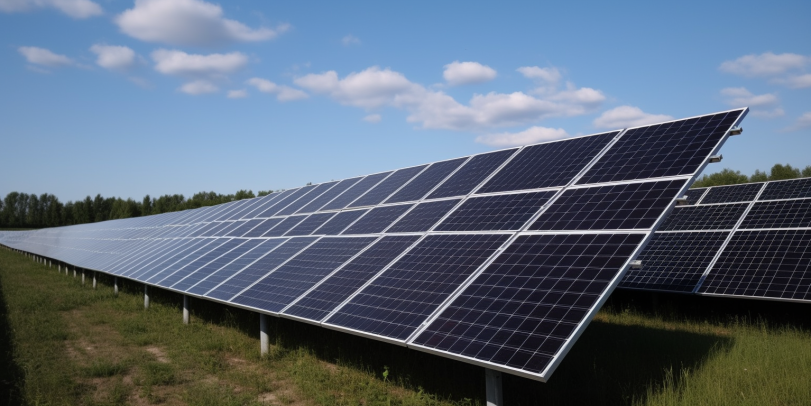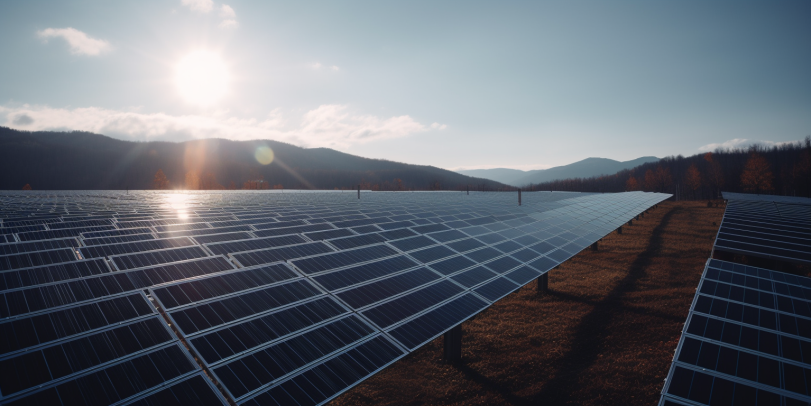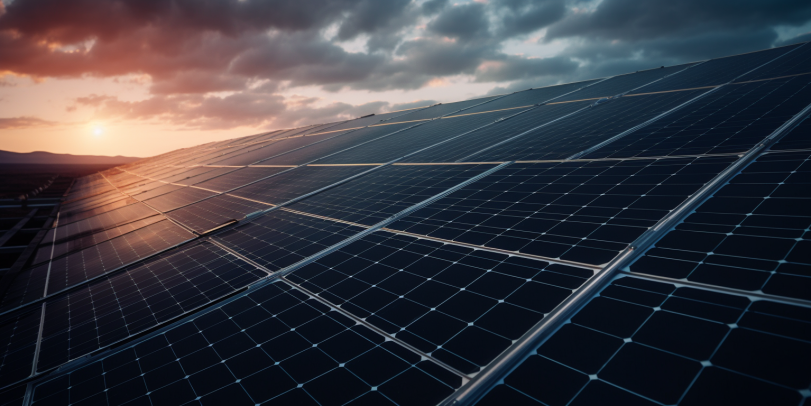
Solar energy, a sustainable and renewable source of power, has become increasingly popular in recent years. Harnessing the energy of the sun, solar panels offer numerous benefits, including reduced energy bills, increased home value, and a long lifespan.
By locking in energy costs for over 25 years, solar panels provide free electricity once the initial investment is paid off, offering a potential profit through SRECs and net metering. Moreover, solar energy has a lower environmental impact, reducing carbon emissions and requiring minimal maintenance.
However, there are drawbacks to consider, such as limitations based on roof types and the challenge of finding the right installer. Additionally, solar energy may not be suitable for those planning to move, and savings may be minimal in areas with low electricity costs. Furthermore, high upfront costs and the fact that solar panels do not generate electricity at night are disadvantages. Moreover, the limited recycling options and presence of toxic metals in some panels pose environmental concerns. In Hawaii, the high electric rates and limited financing options make solar panel systems less attractive to consumers.
Despite these drawbacks, solar energy remains a viable and sustainable option for reducing reliance on fossil fuels.
Key Takeaways
- Solar energy offers numerous benefits, including energy bill reduction, increased home value, and decreased cost of solar.
- There are some limitations and drawbacks to solar energy, such as the high upfront costs, limitations on certain roof types, and the fact that it does not work at night.
- The savings and attractiveness of solar energy in Hawaii are affected by the relatively low electricity costs in the state.
- It is important to consider factors such as tax credits, financing options, and finding quality installers when considering solar energy.
What is it?
Solar energy is a renewable energy source that harnesses sunlight to generate electricity, offering a range of benefits such as reduced energy bills, increased home value, and a lower environmental impact compared to fossil fuels.
Advantages of solar energy include energy bill reduction, home value increase, and a lifespan of 25-35 years. Solar energy also locks in energy costs for 25+ years, generates free electricity once the initial cost is paid off, and can turn a profit through SRECs. It is a versatile form of alternative energy that reduces carbon emissions and has a lower environmental impact.
However, solar energy also has limitations, including high upfront costs and difficulties in finding the right installer. There are also limitations on certain roof types and it may not be ideal for those about to move. Additionally, savings from solar energy depend on the homeowner’s electricity costs and may be lower in areas with low electricity costs.

Pros and Cons
One of the advantages of utilizing solar energy is its ability to generate free electricity once the initial cost is paid off, serving as a long-term investment. This not only reduces energy bills but also locks in energy costs for 25+ years, providing homeowners with financial stability.
Additionally, solar energy reduces carbon emissions, making it a more environmentally friendly option compared to fossil fuels. It also has a lower environmental impact and can be sold back to the grid through net metering, allowing homeowners to further benefit from their solar energy system.
However, there are also drawbacks to consider, such as limitations on certain roof types and the difficulty in finding the right installer. Furthermore, solar energy may not be ideal for those who are about to move, as the payback period is around 8-9 years.
Despite these challenges, solar energy applications continue to expand, and future developments are expected to improve efficiency and decrease costs even further.

Specific to Hawaii
Electricity costs in Hawaii are 25% lower than the national average, making solar panel systems less appealing to homeowners in the state. This is due to the fact that high electricity rates in Hawaii make the potential savings from solar energy less significant compared to other states.
The upfront costs of installing solar panels can also be intimidating for homeowners without access to solar financing options. However, despite these challenges, solar energy still holds potential benefits for Hawaii residents. It can help reduce carbon emissions, lower environmental impact, and provide a versatile form of alternative energy.
Additionally, solar panels can be paired with energy storage systems to utilize excess energy. While the initial costs may be a barrier, solar technology is continuously improving and extending the lifespan of solar panels, making solar energy worth considering for homeowners in Hawaii.

